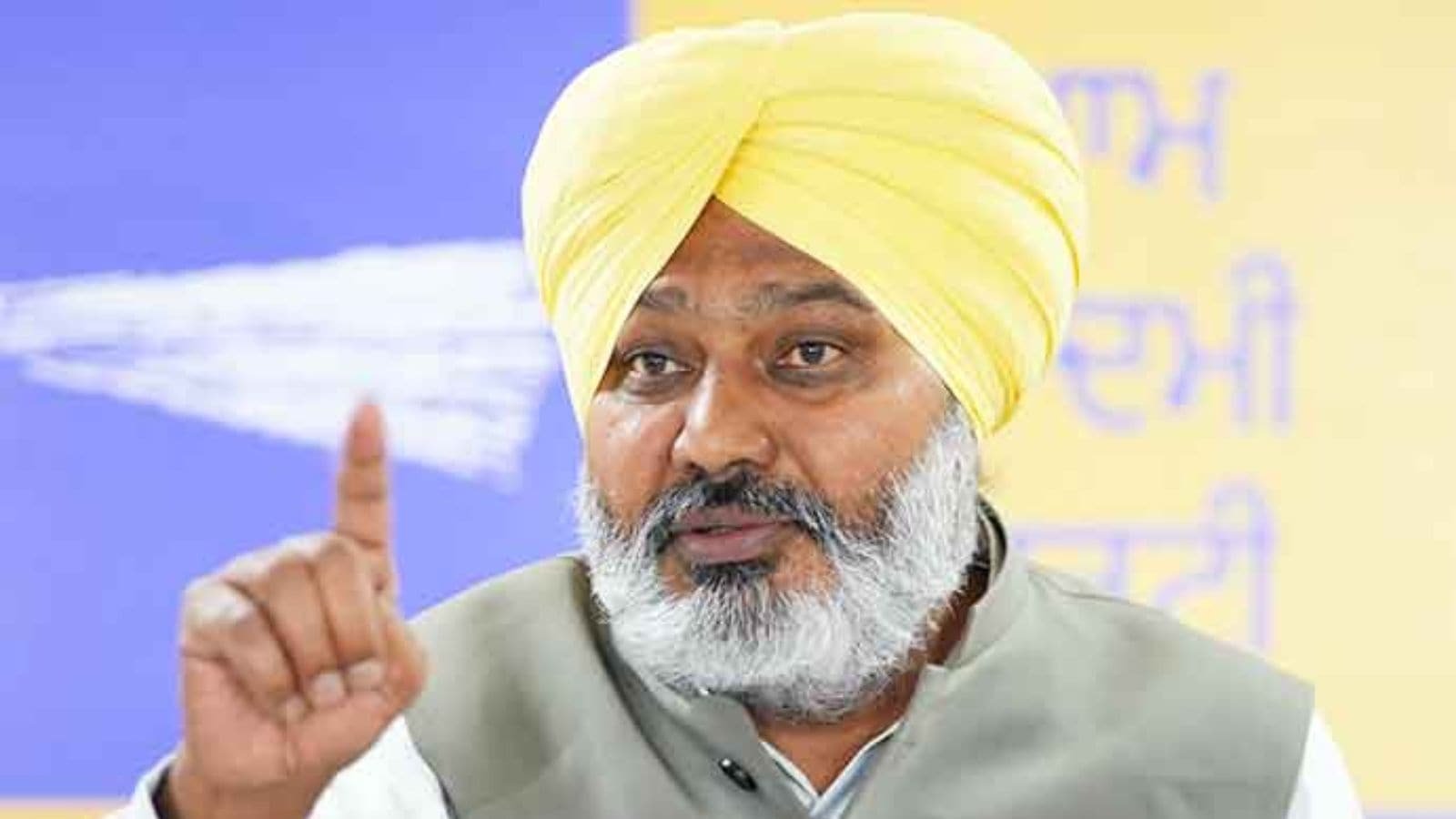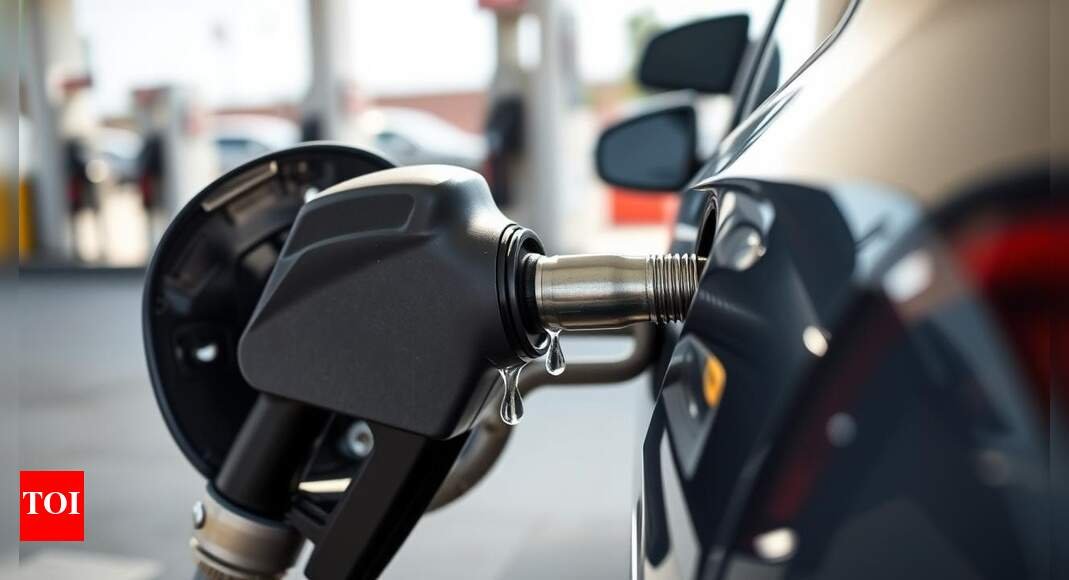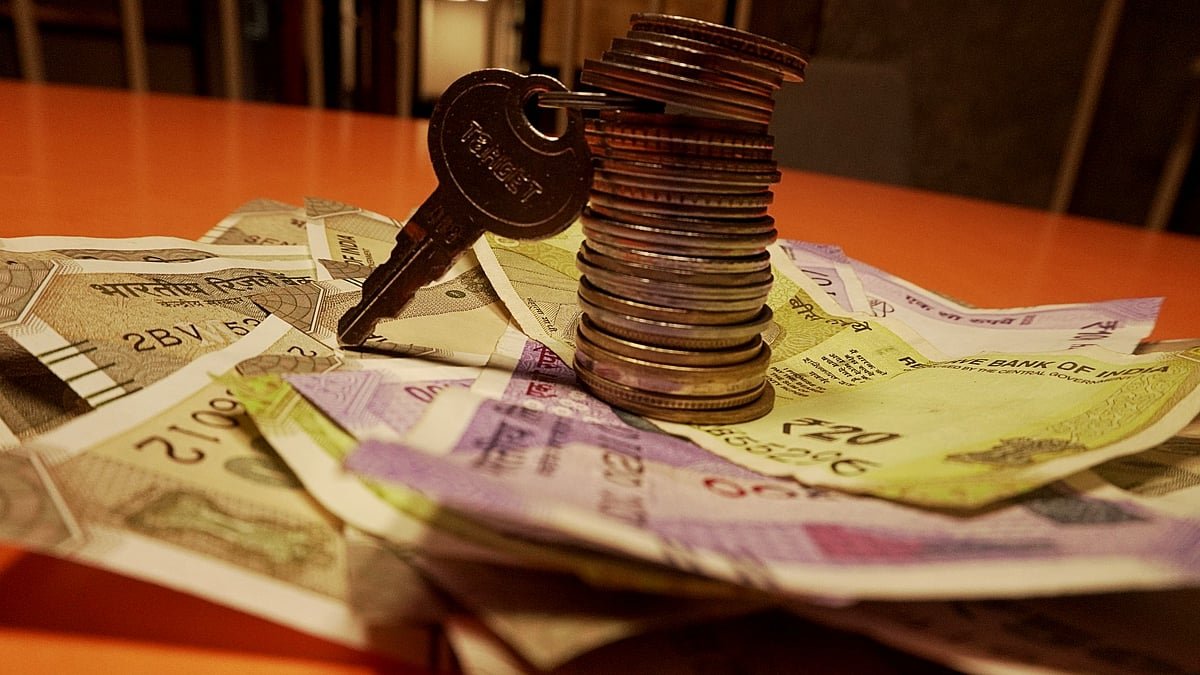Punjab Finance Minister Harpal Cheema on Thursday hit out at the central government for not releasing Punjab’s share of GST compensation worth Rs 50,000 crore besides withholding Rs 8,000 crore under the Rural Development Fund (RDF).
Cheema made the remarks while talking to the media in Delhi as he went to attend the GST Group of Ministers (GoM) meeting. He said that GST had inflicted a Rs 1.11 lakh crore loss on Punjab, with the Centre releasing only Rs 60,000 crore so far, while over Rs 50,000 crore and an additional Rs 8,000 crore under the RDF remained withheld.
Slamming the GST, the Punjab Finance Minister stressed that the state would not have suffered such massive revenue losses had it not joined the “One Nation-One Tax” scheme and in fact it would have received much more revenue.
With the compensation cess now scrapped, he called out the BJP government for deliberately wrecking state economies to make them beg before the Centre. “We honoured the central government’s decision (on GST) and stood with the country, but Punjab suffered for it. Along with Punjab, many other states also suffered.”
“On August 20–21, the GoM met continuously for two days. On Wednesday, the meeting was on life and health insurance. In the evening, a meeting was held on compensation cess. The Chairman told us that today the meeting was on rate rationalisation, and that all members of the compensation cess would participate. Therefore, we also participated in Thursday’s meeting,” he said.
“GST was implemented in 2017. In the past eight years, there have been 27 amendments in GST, with exemptions given to different sectors. Fifteen times the GST rates of various goods were reduced. This practice has been continuing in the GST Council for the last eight years, and for the past three years I have been witnessing it myself.”
Cheema also said that Prime Minister Narendra Modi earlier declared that there would be two GST slabs — one at 5 per cent and another at 12 per cent — and that “everyone would celebrate Diwali”.
Story continues below this ad
“But after the GST came, who will compensate for the loss suffered by Punjab and other states? Who will pay for this damage? One Nation, One Tax was the scheme of the central government, and all states including Punjab gave their consent. Everyone agreed that uniform tax rates should prevail across the country so that no state could impose higher or lower taxes on its citizens. But this formula has inflicted a huge loss on Punjab.”
Emphasising on Punjab’s loss, the Finance Minister said, “In all three meetings of the GST Group of Ministers, I placed Punjab’s position. So far, Punjab has lost Rs 1,11,045 crore. Out of this, the central government has given Rs 60,000 crore compensation, but still Rs 50,000 crore remains with the central government. Who will pay this money?”
Cheema also said ever since the GST has been introduced, the BJP-led central government has kept making one amendment after another, but never reached a conclusion.
“Taxpayers of the country are being harassed continuously. The system of the country is being destroyed. Several states are continuously losing revenue due to the GST system. The central government has backed away from making up for this loss.”
Story continues below this ad
Detailing the latest discussions, Cheema said, “In Thursday’s meeting on compensation cess, the government said that the loans taken to pay states under compensation cess would be fully repaid by October. On harmful goods (sin goods), a special tax was imposed. The states suffering losses in its collection were being compensated. But now the report of the rate rationalisation committee shows that even the tax slab on sin goods is being reduced.”
The Finance Minister also claimed that two days ago, another Rs 1,000 crore under the Prime Minister Road Scheme was also stopped.
“In this way, nearly Rs 60,000 crore is pending with the central government against Punjab. This includes the Rs 50,000-crore revenue loss (Punjab faced) after the (implementation of) GST. The central government must immediately release Rs 60,000 crore,” he concluded.




